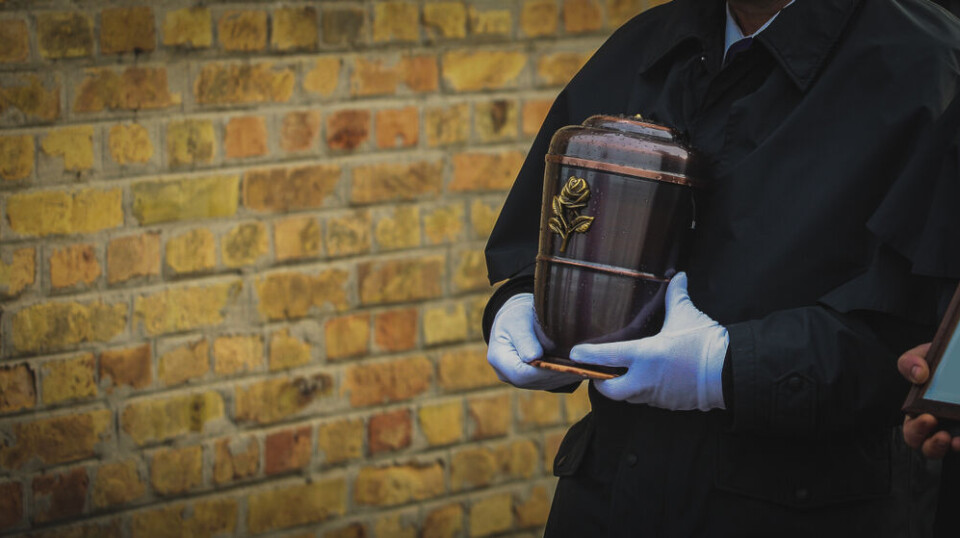-
France’s end-of-life law under debate as conditions examined
The text centres on the definition of and access to ‘medical assistance in dying’
-
Burglaries, scams, and climate change: what to be aware of when insuring a home in France
Some regions in France are more susceptible to burglary than others
-
Conversation with Sir Ridley Scott about his Provençal paradise
The acclaimed British film director talks exclusively to The Connexion about his Vaucluse home, the wine he makes there and how French history has inspired his work
Can I keep partner's ashes at home with me in France?
There are laws in place which set out how ashes must be treated

Reader Question: My partner wants to be cremated after he dies, and I want to keep his ashes by our fireplace in our home (we are resident in France), but a neighbour told me this is not allowed. Is this correct?
It may come as a surprise to those from anglophone countries – where keeping ashes on the mantelpiece is not unusual – but in France keeping ashes inside your home is not permitted.
Article 16 of the ‘Sueur law’ from 2008 places strict limits on where an urn of ashes may be kept.
It must be kept in a columbarium (a designated place in a cemetery to keep funeral urns) or sealed inside a tomb, or fixed to a cemetery monument, or buried in a designated place in municipal ground.
However, if the person was cremated before December 19 2008, the ashes are allowed to remain inside a private home if they were already being kept there.
Ashes can be kept for up to one year after a cremation ceremony while you decide what to do with them, but they will remain at the cremation site during this time.
In some circumstances they can be kept in a religious building while you decide.
Communes with over 2,000 inhabitants must provide a columbarium (as well as a garden of remembrance, mentioned below) however in smaller communes these may not be available.
Can I scatter ashes?
The law is less strict when it comes to scattering ashes.
Ashes can be scattered inside gardens of remembrance (designated areas in communal graveyards), however you must organise the scattering with the cemetery and cannot just do it yourself.
The Sueur law also allows for ashes to be scattered in natural areas, except on the public highway and in public spaces.
This allows you to scatter ashes in the countryside in areas that are neither privately owned nor walled/fenced off, and not in any areas which are regularly used by the public such as a street, square, stadium, housing development, park, etc.
The ashes can also be scattered on private land, if you have the landowner’s permission and it is an extensive piece of land such as a field, meadow or forest. In theory, however, such areas should be accessible to the public, in case someone wishes to visit to pay their respects.
They can also be scattered at sea or dropped in a biodegradable urn, but at a distance of more than 300m from the shore.
When scattering ashes, you need to inform the mairie of the person’s place of birth (if in France), so they can make a record of what happened to their remains.
You do not need to inform the mairie of the place where you scatter the ashes.
Burying or scattering the ashes at your property
You can bury an urn on your private property if you want to, although this will require prior approval from the prefecture.
This gives you and your descendents access in perpetuity to the burial site of the urn, so it may not appeal to future buyers should you later wish to sell the property.
Scattering ashes in private gardens is forbidden, though, as mentioned above, it is possible on private land such as fields and forests, under certain conditions.
Fines for incorrect treatment of ashes can in theory reach up to €15,000.
























